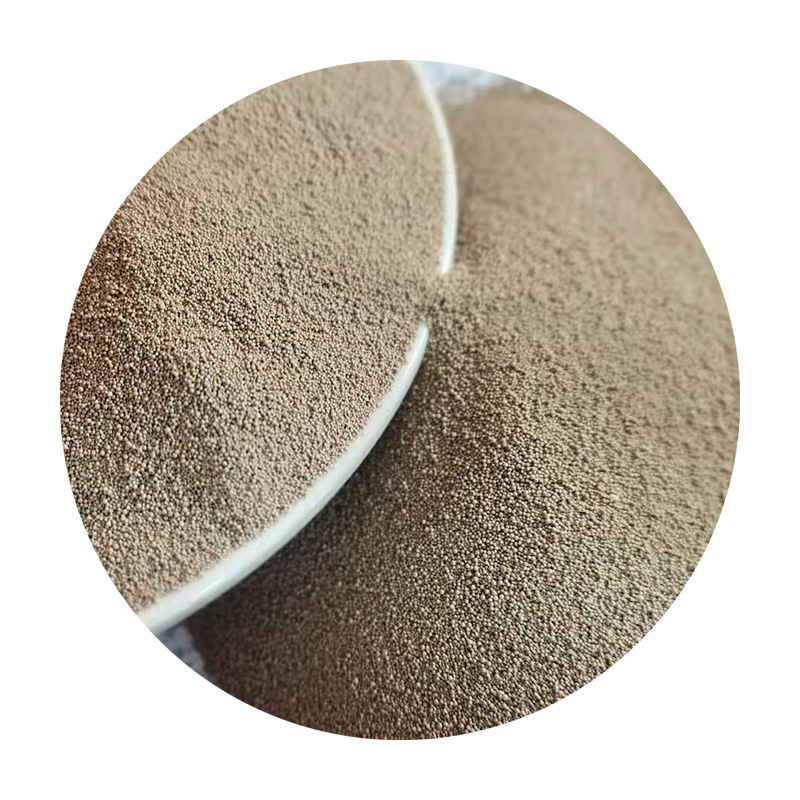The Significance of Resin Coated Frac Sand in the Oil and Gas Industry
In recent years, the resurgence of the oil and gas industry has driven significant advancements in extraction technologies, notably hydraulic fracturing, or fracking. A vital component of this process is frac sand, particularly resin coated frac sand, which plays a crucial role in enhancing the efficiency and safety of drilling operations. This article explores the significance of resin coated frac sand, its benefits, and its growing importance in modern hydrocarbon extraction.
Understanding Frac Sand
Frac sand refers to high-purity quartz sand that is used in the hydraulic fracturing process. During fracking, a mixture of water, proppants (such as frac sand), and chemicals is injected into underground formations at high pressures. This mixture creates fractures in rock formations, allowing oil and natural gas to flow more freely to the wellbore. The primary function of frac sand is to keep these fractures open, enabling the effective extraction of hydrocarbons.
The Role of Resin Coated Frac Sand
Resin coated frac sand differs from traditional frac sand in that it is treated with a resin coating, enhancing its properties. The resin helps the sand grains stick together and improves their strength, durability, and performance during the fracturing process. Unlike uncoated sand, which can degrade under high pressure and temperatures, resin coated sand maintains its integrity, contributing to better proppant conductivity.
Benefits of Resin Coated Frac Sand
1. Enhanced Productivity The primary advantage of using resin coated frac sand is its ability to significantly increase the productivity of oil and gas wells. By maintaining the integrity of fractures, this specialized sand allows for a more efficient flow of hydrocarbons, leading to higher production rates.
2. Reduced Fines Generation Traditional frac sand can generate fines (small particles) during the fracking process, which can lead to clogging and reduced permeability in the fracture network. Resin coated frac sand minimizes this issue, thereby promoting better fluid flow and maximizing extraction efficiency.
resin coated frac sand

3. Environmental Benefits Resin coated frac sand can also offer environmental advantages. Its enhanced resistance to breakage means that less sand is needed overall, reducing the volume of materials transported to drilling sites. Furthermore, the reduced generation of fines can decrease the potential for environmental contamination.
4. Tailored Solutions The resins used in coating frac sand can be customized based on specific geological formations and operational requirements. This tailored approach allows operators to select the most effective sand for their individual needs, leading to optimized outcomes.
5. Lower Operational Costs While the initial investment in resin coated frac sand may be higher than that for traditional sand, the long-term benefits often outweigh the costs. The increased production rates and reduced maintenance issues can lead to lower overall operational costs for drilling companies.
Market Trends and Future Outlook
As the demand for oil and natural gas continues to rise globally, the role of resin coated frac sand is expected to expand. With advancements in technology, the market for this specialized proppant is projected to grow. Companies are increasingly seeking high-performance materials that can enhance the productivity of their operations while also addressing environmental concerns.
Moreover, as regulations around hydraulic fracturing become more stringent, the oil and gas industry will likely continue to pursue innovations that improve efficiency and sustainability. The use of resin coated frac sand aligns with these trends, as it not only boosts production but also mitigates some of the adverse environmental impacts associated with fracking.
Conclusion
Resin coated frac sand represents a significant evolution in the world of hydraulic fracturing. Its ability to improve well productivity while reducing environmental risks makes it an essential component in the quest for efficient and effective oil and gas extraction. As the industry continues to innovate, resin coated frac sand will undoubtedly play a pivotal role in shaping the future of energy production. With its unique properties and operational advantages, it stands out as a critical resource in the modern energy landscape, enabling companies to meet the growing energy demands of the world efficiently and responsibly.
Post time:ഡിസം . 14, 2024 03:28
Next:sand casting processes
